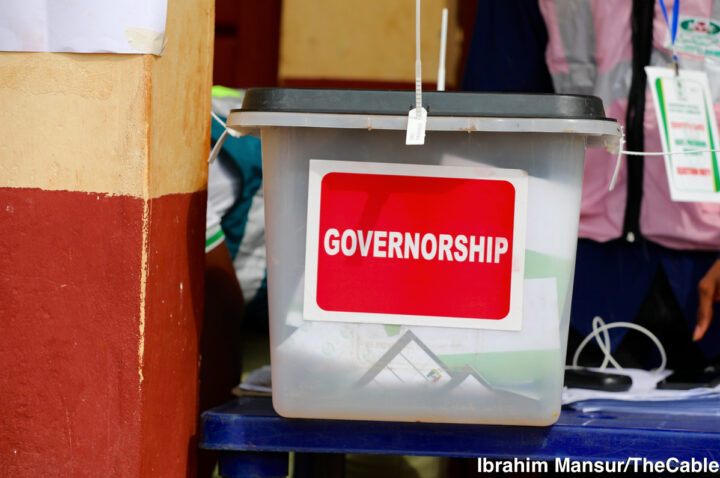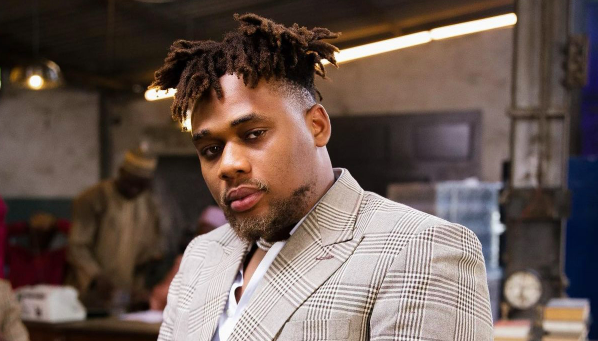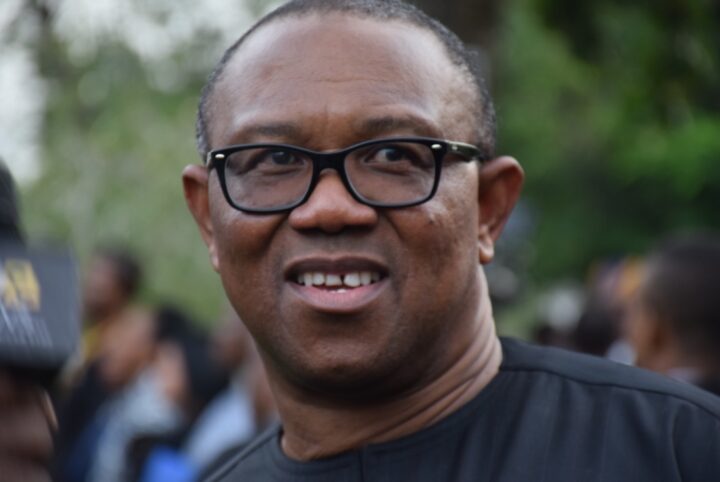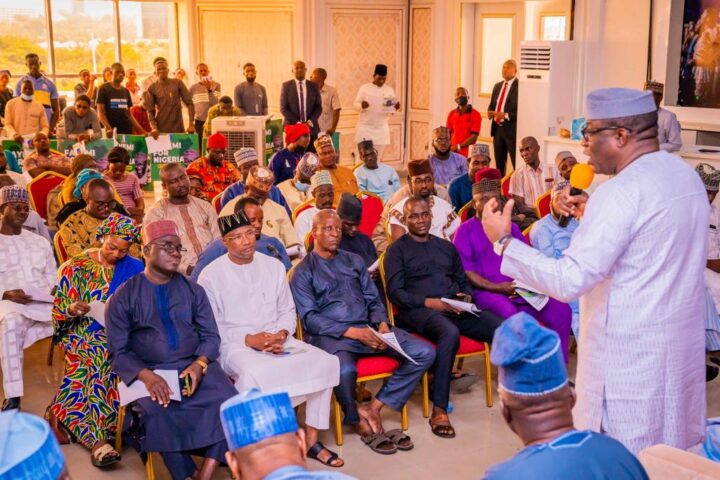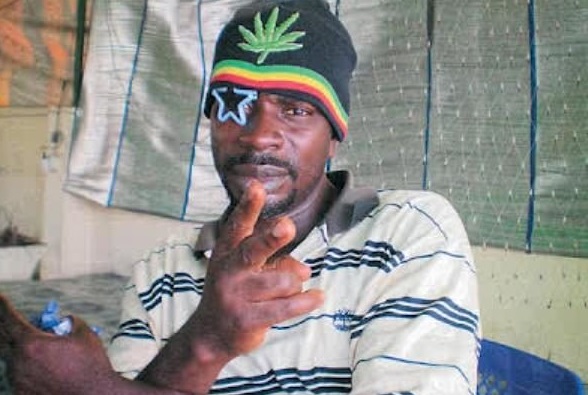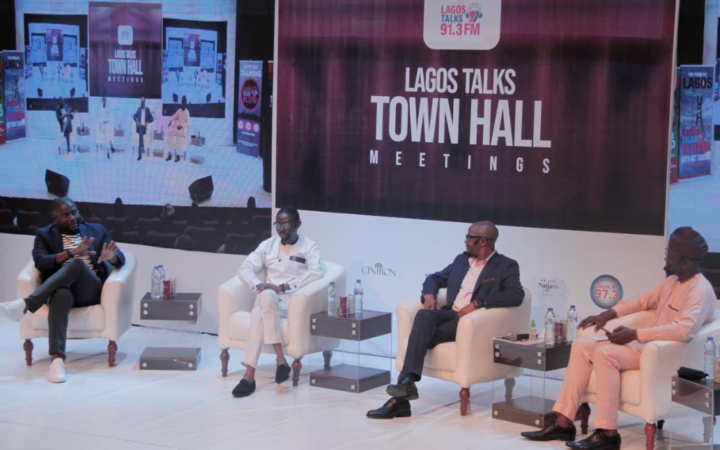As Nigeria prepares for the 2023 polls, activists have offered recommendations to ensure that elections in the country are free, fair, and credible.
Speaking at a one-day forum held, panelists who featured on the latest edition of the Toyin Falola interview series held on Sunday, called for a review of the constitution improved elections.
The panelists included Chido Onumah, a journalist, rights activist, and coordinator of the African Centre for Media and Information Literacy (AFRICMIL); Hussaini Jibrin, a senior lecturer in the department of history and war studies, Nigerian Defence Academy (NDA); Miriam Oke, an associate editor at the Pan-African University Press; and Abiola Akiyode-Afolabi, founding director of the Women Advocates Research and Documentation Center (WARDC).
Toyin Falola, a professor of history at the University of Texas, who hosted the event, asked the panel if the 2023 elections would make any significant difference in governance.
Advertisement
Responding, Akiyode-Afolabi spoke on the need for better sensitisation of voters and politicians on ensuring quality representation in governance.
“We need to have an empowered political class — a political class that can engage the system in a more ideological and issue-based way,” she said.
“Secondly, we need more empowered citizens. We need Nigerians to be able to determine what we really want in the coming period. I think that Nigerians are not organising enough to be able to do that.
Advertisement
“Thirdly, we need to restructure this country. We can only do this by the constitution. The charade that took place as constitution reform process that the national assembly has done, we need to ask ourselves questions.
“Even the issue of chapter two of the constitution which talks about socio-economic rights, we know fully that as we speak today, our socio-economics and socio-security are not guaranteed. The so-called joint committee that worked on the constitution did not raise some of these issues.
“Some of the questions bordering on electoral security for Nigerians have not been raised. I agree that we need constitution reform, but we need Nigerians to make that demand because the constitutional wave that is going round Africa is the demand for a people’s constitution. But before we can do that, we need an empowered citizenry.
“What we need is actually a new constitution. You can’t put something on nothing. The constitution we have has not defined us as a country. It has not helped in terms of our identity. We need an empowered citizenry to push for that. It is not what the political class can give to us; we know that. That is why I said we need to organise as a people to be able to salvage the country.”
Advertisement
On his part, Onumah spoke on addressing the roots of insecurity and how a credible constitutional review process can forge the path for a better Nigeria.
“In the last one or two weeks, two events — the decapitation of a military couple and the immolation of Deborah Samuel — the mute indifference of those who want to take over power from Buhari, and how they have responded to it, just tells you that there are bigger issues beyond just the economy and security which the political class is unwilling to address,” he said.
“It is a tough situation. I know the revered senior advocate of Nigeria, Afe Babalola, has called for a transition. He asked that we do not conduct elections. I don’t want to go out of the way to say that is what we should do, because then, the devil is in the detail.
“How do you go about it in the sense that some people wouldn’t say it is their turn to govern, why then are you asking this transition to end?”
Advertisement
Onumah said whoever wins the next presidential election “should be at best a transition president”, who will work towards ushering in “some kind of discussion about the nature of a new constitution; what the country should look forward to; how the country should be structured, going forward”.
“Not since the civil war has the country been this divided. Whoever takes over next year, in my own estimation, would at best be a transition leader,” he said, adding that the next president needs to focus on “what we need to do concretely to address those fundamental, foundational questions about the unity of Nigeria and its structure”.
Advertisement
The panel spoke on the need to reduce the focus of money on Nigeria’s political process, and also called for improved participation of women and youths in politics– not just as voters, but also as aspirants.
Advertisement
Add a comment
